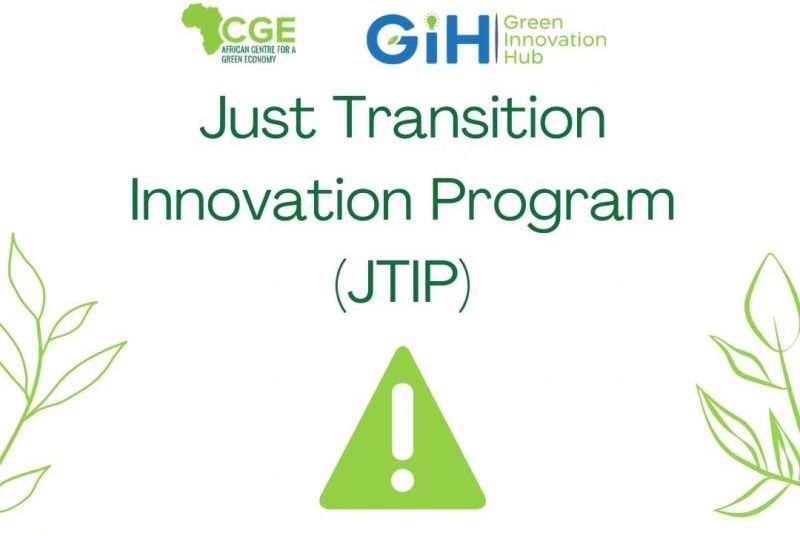The E-Logistics Landscape in Nigeria
The closure of DropX, a once-promising on-demand logistics startup dubbed the "Uber for delivery," mirrors the formidable challenges within Nigeria's e-logistics sector. Founded in 2021 with ambitious goals, DropX aimed to redefine local deliveries in Abuja. However, a recent LinkedIn post by co-founder Praise Alli-Johnson unveils the harsh realities that led to the demise of this hyperlocal delivery service.
Early Promise and Ambitious Goals
In its early days, DropX gained momentum, attracting 2,000 users and onboarding 500 drivers. The initial success was propelled by free deliveries and a fleet of drivers predominantly sourced from ride-hailing platforms. The ambitious goal was to connect businesses and individuals with swift, reliable services.
Challenges Unveiled
Despite the promising start, DropX grappled with a critical challenge—balancing driver earnings with user affordability. The delicate equilibrium led to negative unit economics, compelling the founders to fund the deficit personally. As the founders attempted to cater to high-value clientele, revenue growth remained elusive. Abuja's unique geography posed another hurdle for DropX. The dream of hyperlocal delivery clashed with the reality of scattered user locations across the city, hindering efficient service outside specific areas. Despite efforts to consolidate users in targeted zones, the geographical disparity persisted.
Fierce Competition and User Backlash
As demand surged, DropX found itself entangled in fierce competition for drivers and pricing battles with other ride-hailing platforms. Attempts to implement surge pricing models faced user backlash, emphasizing the fine line between demand and service quality.
In a bid to address user needs, DropX diversified its fleet, integrating bikes alongside cars. However, this move unintentionally exacerbated challenges as users favored cheaper bike deliveries, disrupting the dynamics and leaving high-value clients dissatisfied.
Partnership Woes and Financial Strains
Efforts to partner with bike suppliers and explore collaborations with the Nigerian Postal Service (NIPOST) faced setbacks. Government policies and financial strains mounted, forcing the founders to fund deliveries from their salaries in the final months until the inevitable decision to shut down.
A Reflection of the E-Logistics Landscape
DropX's closure aligns with the recent shutdowns of delivery services like Jumia Food and Bolt Food, underscoring the uphill battle faced by e-logistics ventures in Nigeria. Economic constraints, wafer-thin margins, fierce competition, and infrastructural inadequacies pose formidable hurdles for businesses in this space. Praise Alli-Johnson shares insights into the pivotal choices made and the lessons learned. Acknowledging the absence of Product-Market Fit (PMF), DropX's leadership chose not to pursue external funding. The reluctance to perpetuate the sunk-cost fallacy led to a candid acknowledgement of the venture's limitations.
Charting New Paths
As co-founders Praise Alli-Johnson and Oluwatope Liasu embark on new journeys, their story sheds light on the daunting realities confronting startups in Nigeria's e-logistics arena. Revolutionizing e-logistics demands resilience, adaptability, and a pragmatic approach to innovation in the face of relentless challenges.




